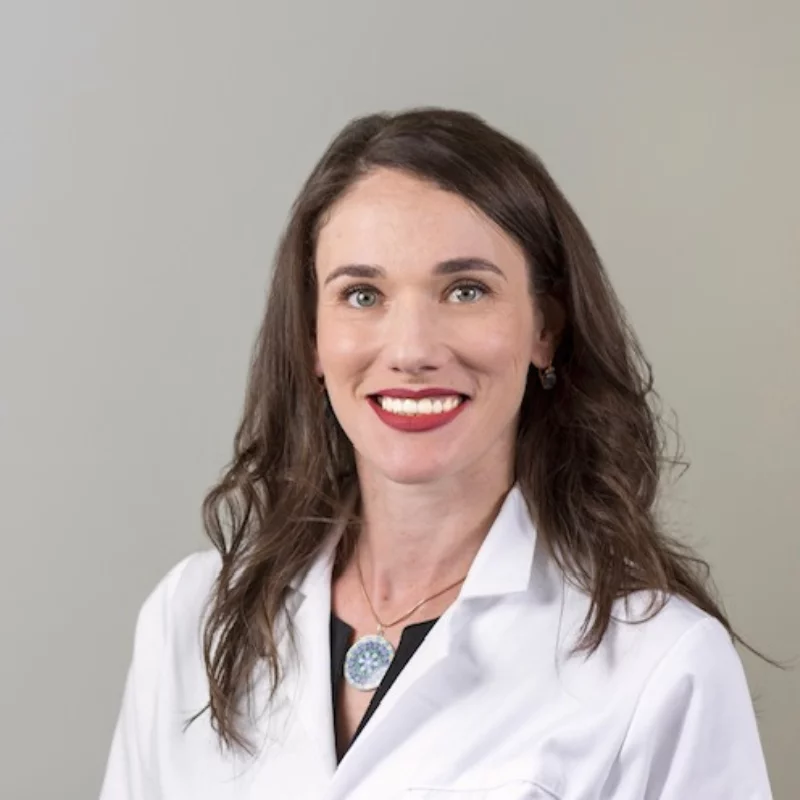For general endocrinology inquiries, please use the contact information below:
Call or Text: 917-208-2109
Main Line: 646-397-9907
Email: endo@momnyc.com
What is a Thyroid Nodule?
A thyroid nodule is a lump or abnormal growth in the thyroid gland, which is located in the front of the neck, just below the Adam’s apple. Thyroid nodules can vary in size and may be solid or filled with fluid. While most thyroid nodules are benign (non-cancerous) and do not cause symptoms, some can be cancerous or cause issues. If you have a concern about a thyroid nodule, it’s important to consult a thyroid doctor.
What Are The Different Types of Thyroid Nodules?
Thyroid nodules can be classified into different types based on their characteristics and features. The main types of thyroid nodules include:
- Benign Thyroid Nodules: Non-cancerous growths, including colloid nodules, cysts, and others.
- Thyroid Cancer: Malignant nodules, which can include papillary, follicular, medullary, anaplastic, and lymphoma.
- Indeterminate Nodules: Nodules with unclear characteristics, often requiring further evaluation.
- Functional Nodules: Nodules that produce thyroid hormones independently, causing hyperthyroidism.
Determining the type of nodule is essential for treatment decisions, ranging from observation to surgery or other therapies, depending on whether it’s benign or malignant.
What Are The Causes of a Thyroid Nodule?
Common causes of thyroid nodules include:
- Iodine deficiency (especially in low-iodine regions).
- Thyroiditis (inflammation of the thyroid).
- Genetic factors (family history).
- Radiation exposure, particularly during childhood.
- Aging.
- Hormonal changes (e.g., pregnancy, menopause).
- Some medications.
- Environmental toxins.
- Dietary factors (e.g., soy).
- Unknown causes (idiopathic).
Most thyroid nodules are benign, but further evaluation by a thyroid endocrinologist is needed to determine their nature and appropriate management.
What Are The Signs And Symptoms of Thyroid Nodules?
Signs and symptoms of thyroid nodules may include:
- Neck lump or swelling.
- Throat discomfort or fullness.
- Voice changes (rare).
- Difficulty swallowing (especially with large nodules).
- Breathing difficulties with very large nodules.
- Rare pain or discomfort.
- Hyperthyroidism symptoms if the nodule produces excess hormones.
- Hypothyroidism symptoms in rare cases.
What Are The Risk Factors of Thyroid Nodules?
Risk factors associated with thyroid nodules encompass age (more prevalent in individuals aged 25 to 65), gender (with women being more susceptible), ethnicity (higher prevalence in Asian populations), exposure to radiation (particularly in the head or neck area), goiter (enlarged thyroid gland), genetic conditions (like multiple endocrine neoplasia), and a family history of thyroid cancer or thyroid disorders. Routine check-ups and screenings with a thyroid doctor play a vital role in early detection and effective management.
How is a Thyroid Nodule Diagnosed?
To diagnose a thyroid nodule, healthcare providers use a comprehensive approach that includes a physical examination, medical history analysis, thyroid and blood tests, imaging tests, and, if needed, a biopsy. These steps help determine the nodule’s characteristics and whether it requires further evaluation or treatment. Thyroid nodules are often detected during routine check-ups, even if they don’t initially cause symptoms.
What Are Possible Treatments For Thyroid Nodules?
Treatment depends on the type of the thyroid nodule the patient has.
- Benign nodules should be actively monitored with thyroid sonogram repeated every 6 to 12 months. If significant interval changes in the nodule size or appearance are observed over time, biopsy should be done to rule out malignancy. Surgical removal of the benign nodule recommended only in case it caused trouble breathing, swallowing or creates cosmetic defects. Another option is radiofrequency ablation which is not very commonly used.
- Cancerous nodules require surgical removal of the thyroid lobe or entire thyroid gland, depending on the nodule size and invasive features. Larger and aggressive thyroid cancerous nodules require radioactive iodine therapy following surgery. Lifelong surveillance with a thyroid endocrinologist and/or oncologist is recommended.
- “Hot” nodules are a type of the nodules that produce excessive amounts of thyroid hormone causing symptoms of overactive thyroid. Treatment options include radioactive iodine treatment, surgical removal of the nodule or long-term administration of antithyroid medications. The risks and benefits of each approach should be discussed with a healthcare professional.
Are There Preventative Steps or Measures To Avoid Thyroid Nodules?
Reducing the risk of thyroid nodules involves limiting radiation exposure, especially during childhood, and following safety guidelines during radiation emergencies. Maintaining a balanced diet that includes iodine-rich foods, performing regular self-checks for neck lumps, staying physically active, and managing stress can also help. It’s important to note that while these measures can reduce the risk, complete prevention is not guaranteed.
What Are The Risks If a Thyroid Nodule Is Left Untreated?
When a thyroid nodule is not treated, it can lead to various problems. These may include difficulty swallowing or breathing due to pressure on nearby structures. Some nodules can also disrupt the thyroid’s hormone production, causing either an overactive or underactive thyroid. If a cancerous nodule isn’t treated, it can spread and become more challenging to manage. Untreated nodules also raise the risk of thyroid cancer. So, it’s essential to see a thyroid doctor for the right treatment and to lower these risks.
Are There Other Related Conditions To Thyroid Nodules?
Thyroid nodules are connected to various related conditions, including hyperthyroidism, thyroid cancer, goiter, hypothyroidism, and thyroiditis. Hyperthyroidism can lead to nodule formation and is identified through a radioactive iodine uptake test. Additionally, some thyroid nodules may be cancerous, and their diagnosis entails a physical examination, a review of medical history, thyroid tests, and additional imaging studies.


